At-Will Employment
Nebraska is an employment-at-will state, meaning that, in general, employers have the right to terminate employees at any time, for any reason—whether it's a good reason, a bad reason, or no reason at all—as long as the termination does not violate the law. Employers cannot fire someone for reasons that involve unlawful discrimination (such as race, gender, age, disability, or other protected characteristics), union membership or activity, or in violation of other clearly established legal protections.
However, Nebraska recognizes two major exceptions to the at-will employment doctrine that employers must be aware of:
1. Implied Contract Exception: Courts may find that an implied contract exists based on the contents of an employee handbook, written policies, or oral assurances made by the employer. If an employee can show they reasonably relied on these policies or promises, a court may rule that termination violated the implied terms. Employers can protect themselves by including a clear and prominent disclaimer in handbooks and policy documents stating that the materials do not constitute an employment contract and that employment is at will.
2. Public Policy Exception: Employers may not terminate employees for reasons that violate a well-defined public policy—for example, firing someone for filing a workers’ compensation claim or refusing to engage in illegal activity.
To ensure compliance and reduce legal risk, it's essential to review and update all employee-facing materials and communications, especially handbooks, to reflect at-will status clearly.
For further guidance or to review your materials for implied contract risk, contact Employeresource or download your customized employee handbook by state and industry today.
Break/Meal Period
In Nebraska, employers who own or operate an assembling plant, workshop, or mechanical establishment with one or more employees are required to provide specific protections regarding lunch breaks. These protections mandate that all employees working eight-hour shifts must be given a minimum of thirty consecutive minutes for lunch. During this break, it is unlawful for the employer to require employees to:
Remain in the building
Stay on the premises where their labor is being performed
This regulation applies to all assembly plants, workshops, and mechanical establishments in Nebraska but is limited to employees not covered by a collective bargaining agreement or written contract specifying meal break conditions.
Employers should include clear guidelines regarding meal breaks in employee handbooks to ensure compliance with Nebraska state law.
If you operate an assembly plant, workshop, or mechanical establishment in Nebraska, EmployerESource can help ensure your employee handbook is fully compliant with state law. Protect your business, reduce risk, and give your team clear guidance—contact EmployerESource today for trusted HR expertise.
Deductions
Nebraska law strictly limits when employers can deduct, withhold, or divert wages from an employee’s paycheck. Employers may only make payroll deductions under the following circumstances:
· Required or Permitted by Law:
Deductions that are mandated or allowed by state or federal law—such as taxes, Social Security, Medicare, or court-ordered garnishments (e.g., child support)—are permitted.
· Court Order:
If a court of competent jurisdiction issues an order for wage withholding (such as for debt collection or child support), the employer must comply.
· Written Agreement:
Voluntary deductions are allowed only if the employee has signed a written agreement authorizing the specific deduction. This may include deductions for items such as:
a. Health insurance premiums
b. Retirement contributions
c. Charitable donations
d. Company-sponsored benefits or services
Unauthorized deductions—even if seemingly minor—can violate state law and expose an employer to liability. Verbal consent is not sufficient; written documentation is required.
To remain compliant, employers should review all wage deduction policies, maintain proper written authorizations, and consult with HR or legal counsel when in doubt.
For compliant forms, policies, and employee handbooks customized to Nebraska law, download your handbook today and contact Employeresource with any payroll questions.
Final Wages
Under Nebraska law employers must follow specific rules regarding the timing of final wage payments after an employee is separated from the payroll.
For private employers, all unpaid wages are due either on the next regular payday or within two weeks of the termination date—whichever occurs sooner.
Timely payment of final wages is a legal obligation, and noncompliance may expose employers to penalties or wage claims.
Review your policy to ensure compliance with these regulations.
If you have any questions about this law, please contact EmployerESource. We’re here to assist you and ensure your practices remain compliant.
Garnishments of Pay
Under Nebraska law, employers play a critical role in enforcing court-ordered child support obligations through income withholding. When a court orders a parent to pay child support, it may also direct the parent’s employer—referred to as the withholding agent—to deduct specified amounts directly from the parent’s nonexempt, disposable earnings. These funds are then sent to the State Disbursement Unit to satisfy both past-due (arrears) and ongoing support obligations.
Upon receiving a valid court order, employers must:
· Withhold the required amount from the employee’s paycheck and remit it to the State Disbursement Unit within 7 calendar days of the employee’s payday.
· Pay the employee their remaining wages as usual.
· Deduct up to $2.50 per month as an administrative fee (only if approved by the court).
· Avoid taking adverse employment actions, such as firing, demoting, or disciplining the employee due to the child support case or withholding order.
· Notify the court within 30 days of the employee’s termination, providing their last known address and, if known, new employer information.
Employers are prohibited from using income withholding as a reason to refuse to hire, discipline, demote, or fire an employee. Any such actions must be carefully avoided to comply with Nebraska statutes and protect both employee rights and the employer from liability.
To remain compliant, it's crucial to train payroll and HR staff, implement systems to manage income withholding orders, and ensure all actions align with court mandates and Nebraska law.
Download your custom employee handbook today and contact Employeresource for expert HR support.
Jury Duty
In Nebraska, employees who are summoned to serve on jury duty are legally protected from any negative consequences related to their absence from work. Specifically, employees cannot be discharged, penalized, or lose any benefits as a result of their required jury service. This includes being protected from:
· Discharge from employment
· Loss of pay
· Loss of sick leave
· Loss of vacation time
· Any other form of penalty or disadvantage
The only exception to this is that an employer is allowed to reduce the employee’s pay by the amount of compensation they receive from the court for their jury service—this applies only to compensation, not expenses incurred by the employee while serving.
To qualify for this protection, employees must provide reasonable notice to their employer that they have been summoned for jury duty. Once notified, the employer is required to excuse the employee from work without any repercussions.
Additionally, if the employee works in shifts, the employer is required to excuse them from their shift work during the days they are serving as a juror. No loss of pay should occur for this time off, as long as the employee has provided adequate notice.
Employers must ensure that their policies are in compliance with Nebraska law by respecting employees' rights to serve on jury duty without facing any form of penalty or loss of benefits. This includes accommodating employees’ absence for jury duty and excusing them from shift work if needed.
Employers can adjust pay only for the amount of court compensation received, but they are otherwise prohibited from reducing salary, vacation, or sick leave for this time.
Employers should also note that employees are obligated to provide reasonable notice of their jury service and must follow company procedures for requesting leave.
If you need help drafting policies or a customized employee handbook to ensure compliance with state and federal laws, EmployerESource is here to assist. Contact us today to ensure your workplace is fully compliant and supportive of your employees’ rights.
Voting Leave
Under Nebraska law, employees who are registered voters are entitled to take time off work on election day if they do not have at least two consecutive hours available to vote outside of their working hours.
Employees who do not have the required two consecutive hours of non-working time between the opening and closing of the polls are entitled to take time off from work to vote. The time off granted must allow the employee, when added to their non-working hours, to have two consecutive hours in which to cast their vote.
Additionally, if an employee requests time off to vote, no penalties can be imposed, and no deductions will be made from their wages for the time they take to vote. Employees are not penalized for taking this time, and their pay cannot be reduced for participating in the election process. However, the employer is allowed to determine the specific hours during which the employee may take their two-hour leave. This ensures that businesses can continue to operate while respecting the employees' voting rights.
It is important for employers to understand that employees must apply for this leave either before or on election day. Once the leave is granted, the employee is legally entitled to the time off without any consequences to their salary or employment status.
Employers should make sure their employee handbooks and policies reflect the legal right for employees to take time off for voting. This ensures that employees are informed of their rights and that businesses stay compliant with state laws. Employers should also clearly communicate the process for requesting time off for voting, including any necessary advance notice or scheduling considerations. By doing so, businesses can balance operations with employee rights while fostering a supportive and compliant workplace.
If you need help creating a customized employee handbook that includes Nebraska-specific labor laws and rights like voting leave, download a customized employee handbook.

